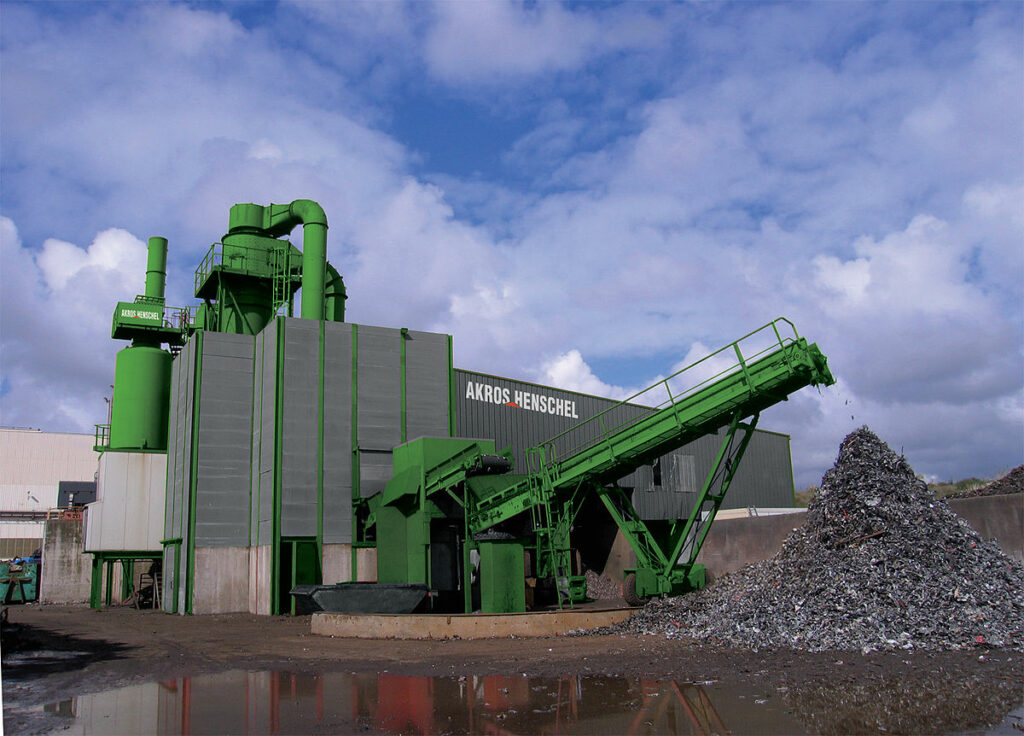After a study in 2021 of the environment around a metal recycling plant in Wallonia, it was discovered that the residents near the plant near Châtelet were three times more likely to be exposed to polychlorinated biphenyls (PCBs), highly carcinogenic chemical compounds which were formerly used in industrial and consumer products.
These chemical compounds are no longer produced because of their toxicity but are still found in products produced some years ago. When these products are crushed, the toxic dust is released, contaminating the environment.
The study raised questions about the safety of metal recycling plants and the Walloon Minister of the Environment Céline Tellier announced that she wanted to strengthen biomonitoring around recycling centres in the region, of which there are seven spread over the four provinces of Hainaut, Liège, Luxembourg and Namur.
Concentration of pollutants in adolescents
This vast study called "Biobro", which is led by the Scientific Institute of Public Service (ISSeP), aims to identify health risks by taking urine and blood samples from adolescents aged 12 to 19 who have lived near these recycling centres for at least four days a week for five years.
The idea is to measure the concentration of pollutants in their bodies from the air they breathe and their diet. As well as PCBs, the researchers are looking for metals such as lead, arsenic or copper. They will then compare any quantity found with that observed in the rest of the Walloon population.
Residents of the town of Engis in the province of Liège, who live close to the local recycling part, have welcomed the study and several of the local teenagers recently volunteered to take part.
Varying opinions before the study
"Knowing if we have absorbed anything or not, I think it's already a big step,” said Clara, who attended the testing with her father. “Pollution is something that worries me, for my health and that of others."
"The idea is to know one way or the other,” said her father. “By participating in a public inquiry, we can perhaps dispel some doubts. I am not convinced that the metal shredder is a source of concern, especially for residents. But maybe the results of the investigation will say that it is."
Another father, attending with his son, said that he had always lived in the area and had seen many factories start up in the region, some which have raised questions of safety among the residents. “I found it very interesting to be able to do this biomonitoring, to check on my son's health.”
Lack of willing participants puts study on hold
The willingness of the residents of Engis, however, has not been replicated everywhere. Despite the extension of the recruitment period beyond the summer, the ISSeP is still struggling to find volunteers and 500 are needed in total.
In Aubange, where residents saw their local stream completely polluted by discharges of industrial water from the local metal recycling plant, only a dozen teenagers have participated in the testing. For an accurate assessment, fifty were needed to carry out the specific analysis. "Each recycling plant works in a different way, so it would have allowed us to provide an answer per site," explained Ingrid Ruthy, environment and health project manager for the ISSeP. "But we only have one metal plant out of the seven for which the quota of candidates has been reached."
Given the lack of participants and therefore the absence of data that would allow a more precise overview, some have questioned whether there is still an interest in continuing this study. According to Ingrid Ruthy, the study in any form will prove useful.
"It will still allow us to see if adolescents are more exposed to certain substances than others who live elsewhere in Wallonia," she said. The results of the study are not expected before the end of 2023.

